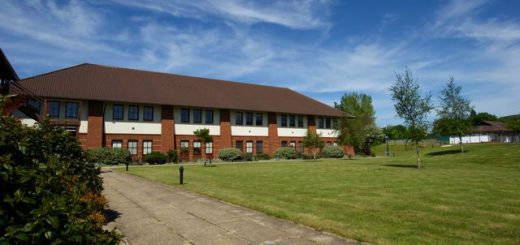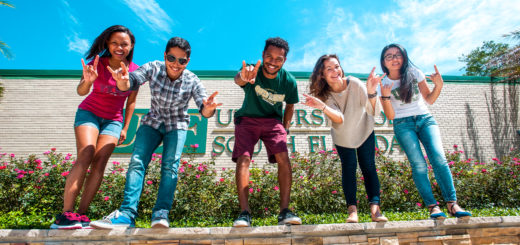INTO CareerFirst: Your way to the workplace of tomorrow
In every industry in every corner of the globe, the way people work is changing at an astonishing pace. The COVID-19 pandemic has accelerated digitalisation across sectors, and professions are more global today than ever before. As a result, soon-to-be university students and graduates like you must figure out how to launch careers in an increasingly complex, competitive job market.
An outstanding degree will be half of the equation when it comes to landing your dream job. INTO offers you the other half with INTO CareerFirst, our new, all-encompassing programme that gives you the edge you’ll need to stand out in your job search.
Michael Lynas, Vice President of INTO CareerFirst, shares what this new programme offers students who come from around the world to study at US and UK universities:
What is INTO CareerFirst, and why should international students take advantage of it now?
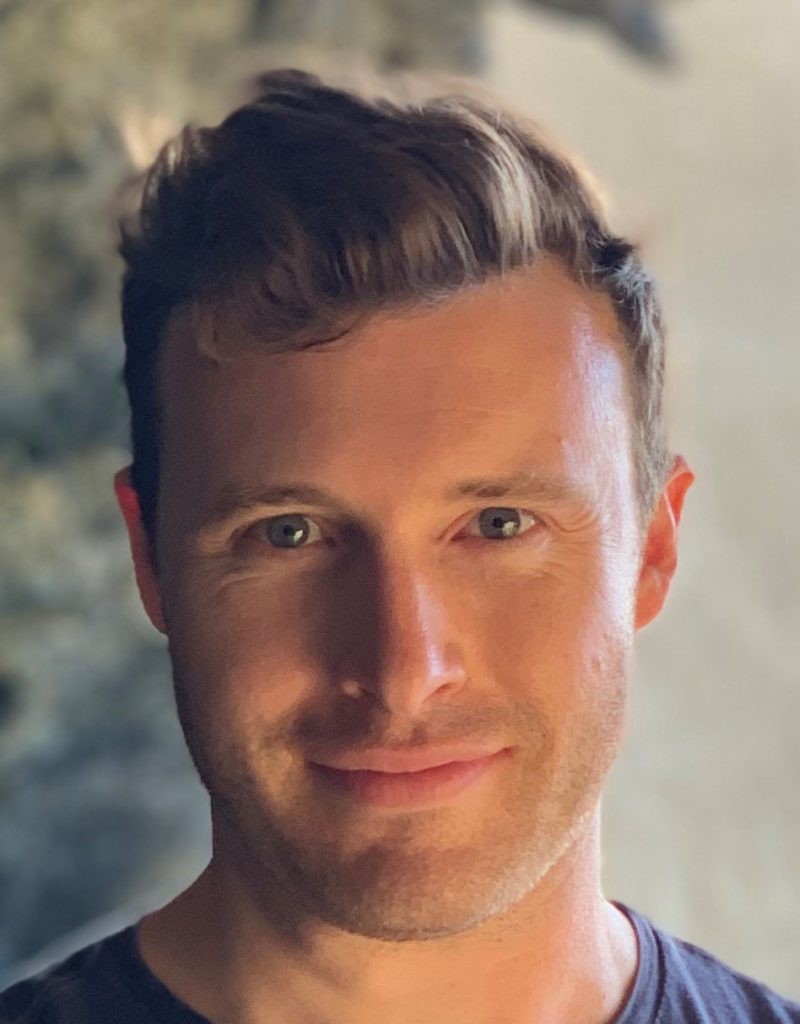
We know that demand for employability and employment support is high among students, and that international students have additional needs. INTO CareerFirst is designed to help students get that support.
Looking ahead to 2030, we expect there to be 300 million global graduates, compared to just 137 million in 2013. What that means—the good news—is more students are benefiting from an international education. What it also means is students will need to do more to stand out from the crowd.
At the same time, it’s estimated that 85 million jobs will have been displaced by automation by 2025, and 97 million new jobs will have emerged in the digital world. That means students must do more to demonstrate the things that set them apart from machines—interpersonal skills like teamwork, leadership, and resilience.
A degree will remain an absolutely essential accomplishment for students as they think about how they stand out and get ahead. Anything else students can do to help prepare themselves for this more competitive, more complex job landscape will be worthwhile.
What skills will students need to excel in the workplace of tomorrow, and how will INTO CareerFirst help students master those skills?

In the workplace of tomorrow, students will need a mix between interpersonal skills, or soft skills, and harder industry and digital skills. There’s an opportunity for students to benefit from all the new jobs that are going to be created because of the increasing role of machines and algorithms in the workplace. Every student on INTO CareerFirst will be able to learn key foundation skills to thrive in that new, digital world, like design thinking and user experience.
At the same time, human skills are becoming more important. A recent survey with our partner, the Institute of Student Employers in the U.K., showed 94% of graduate employers expressed a need for improved ability to manage up, 88% for dealing with conflict, and 84% for negotiating. Alongside those digital and industry skills, we want to help students develop these softer skills. We’ll do that through a range of activities on the programme, primarily linked to work experience and group projects.
How is INTO CareerFirst tailored to each student? How does it empower students to find their careers of choice?
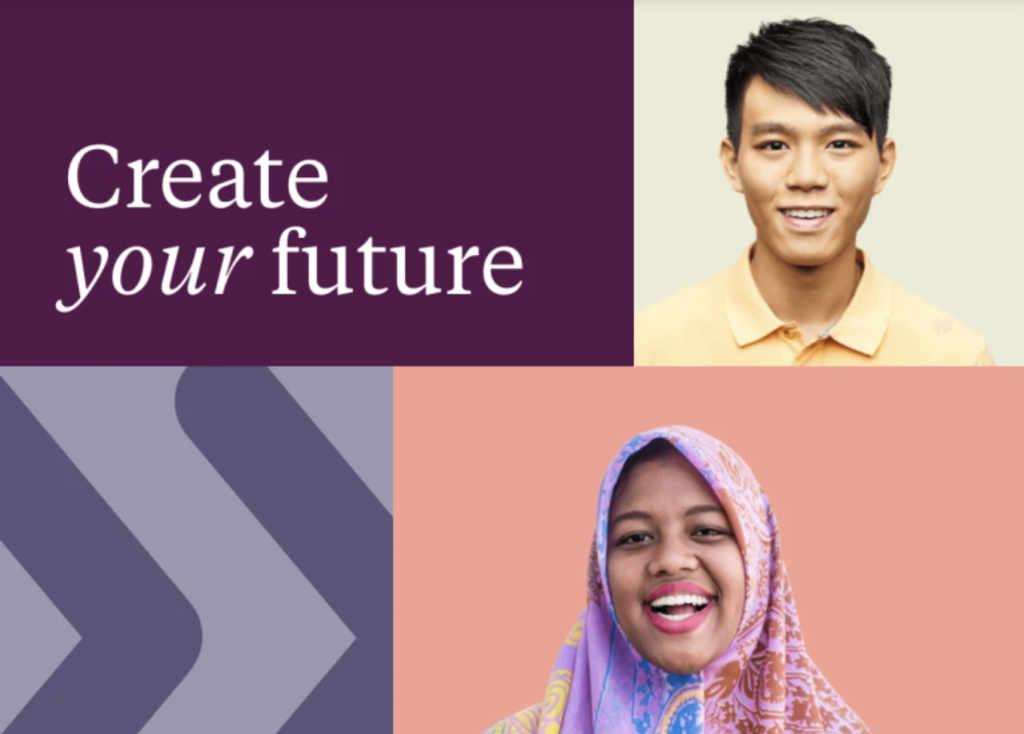
The principle behind INTO CareerFirst is to meet every student where they are, and to provide them with personalized and curated support. Every student on INTO CareerFirst will have a CareerFirst Mentor and a trained and certified CareerFirst Coach, who are with them every step of the way through the programme.
To ensure they get the level of support they need, we’ve developed three different programme options for students to choose from: Essential, Enhanced, and Advanced. At the beginning of each programme, we kick off with what we call career discovery, which gives students access to a whole range of tools and tests to understand their skills and the careers they would be suited to. Using that information, we help students plan a personal curriculum, which will involve different time commitments and levels of one-on-one guidance depending on the programme option they choose.
No two CareerFirst journeys will look the same, and we’ll constantly check in with students to make sure the programme stays relevant to them.
What certificates and internship opportunities will be available to students on INTO CareerFirst?

A recent Harvard Business School study showed 37% of employers valued work experience the most when considering a candidate, versus 11% saying a four-year degree. That doesn’t mean degrees aren’t important. It means employers want students who have gone over and above to get that tangible experience in the workplace, alongside their degree.
INTO CareerFirst has been designed alongside employers, and we have woven work experience through the programme. In the digital space, we will offer modules and certificates with leading employers like AWS, Tableau, Google, and Facebook. We have also developed employer projects across 13 industries, with organisations ranging from start-ups and small and medium-sized enterprises to large corporations—like Deloitte, EY, PwC, KPMG, McKinsey, and Western Union—and governments. These projects allow students to work in teams on real-world issues set by employers, and to interact directly with people from those organisations.
We also give students a fantastic choice of internships relevant to the industries and regions they want to work in, whether it’s with big companies like Capgemini, or smaller organisations like Bitcoin.com, a Japanese start-up in the bitcoin access world.
How can students be sure they’ll be able to balance CareerFirst with their studies?
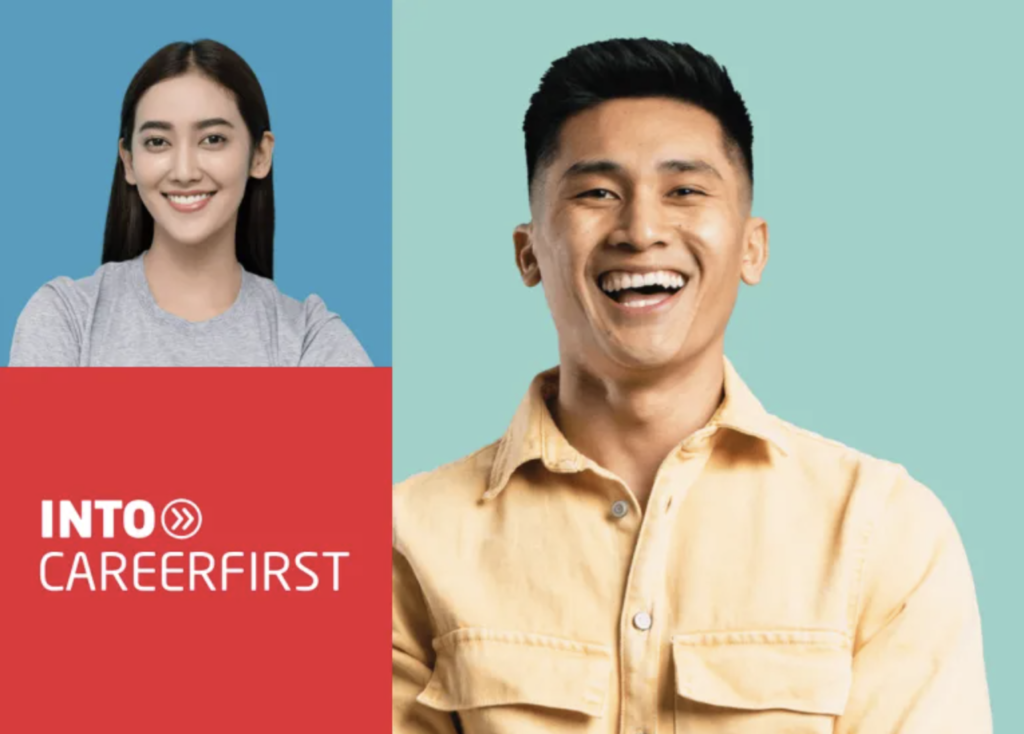
When we did our research, we found that a lot of recent graduates only started thinking about their career 6 – 12 months from graduating. That’s natural, but it means that students were sometimes panicking and wished they had started earlier. We want to help students start thinking about their career early on and put in a plan so they can work toward their goals week by week through their degree.
INTO CareerFirst has been designed with our academic colleagues to give students the time and space they need to get an academic degree, and it is based on the principle of little and often. Like having a personal trainer, having the mentor and the coach there keeps students honest and makes sure they are progressing every week, every month, every semester.
If students are unable to travel to the US or UK, or if they prefer to study remotely, will they be able to take advantage of all CareerFirst has to offer?

Obviously, with some of the uncertainties around the pandemic, we knew flexibility would be important. The CareerFirst programme is incredibly flexible and can be completed online. The new CareerFirst platform will be available on a mobile device, on a tablet, on a laptop, and will be usable whatever country students are in. We want INTO CareerFirst to be something that, if students are studying remotely, if they are back home for holidays, if they want to do work in the evening, they can take it with them.
What we didn’t want to do, however, was lose that personal touch. Even though it’s an online programme primarily, students will have lots of one-on-one time with their mentor, their coach, and industry experts, and lots of time with a peer group of students from different places, all of whom they can build meaningful relationships with.
If a student aspires to launch their career in the US or the UK, or if they want to go to another international market, how will INTO CareerFirst support them?

If an international student wants to remain in their study market, we realize there are a lot of barriers to help them break through. What we have done for those students is provide resources and support around understanding visa regulations. We have also curated job opportunities from employers that have a track record of employing international students.
For students that want to return to their home market or another international location, we know that, while an international degree is incredibly valuable, it does create physical distance from those other countries. This is where the CareerFirst Industry Expert comes in. The CareerFirst Industry Expert is an individual who will be matched to each student to guide them on how the assessment and interview process works not only in the industry the student wants to work in, but in the region the student wants to work in.
What exclusive support will students receive in their job searches, and how quickly after graduation can they expect to be employed? What is the job assurance on CareerFirst’s Advanced programme?
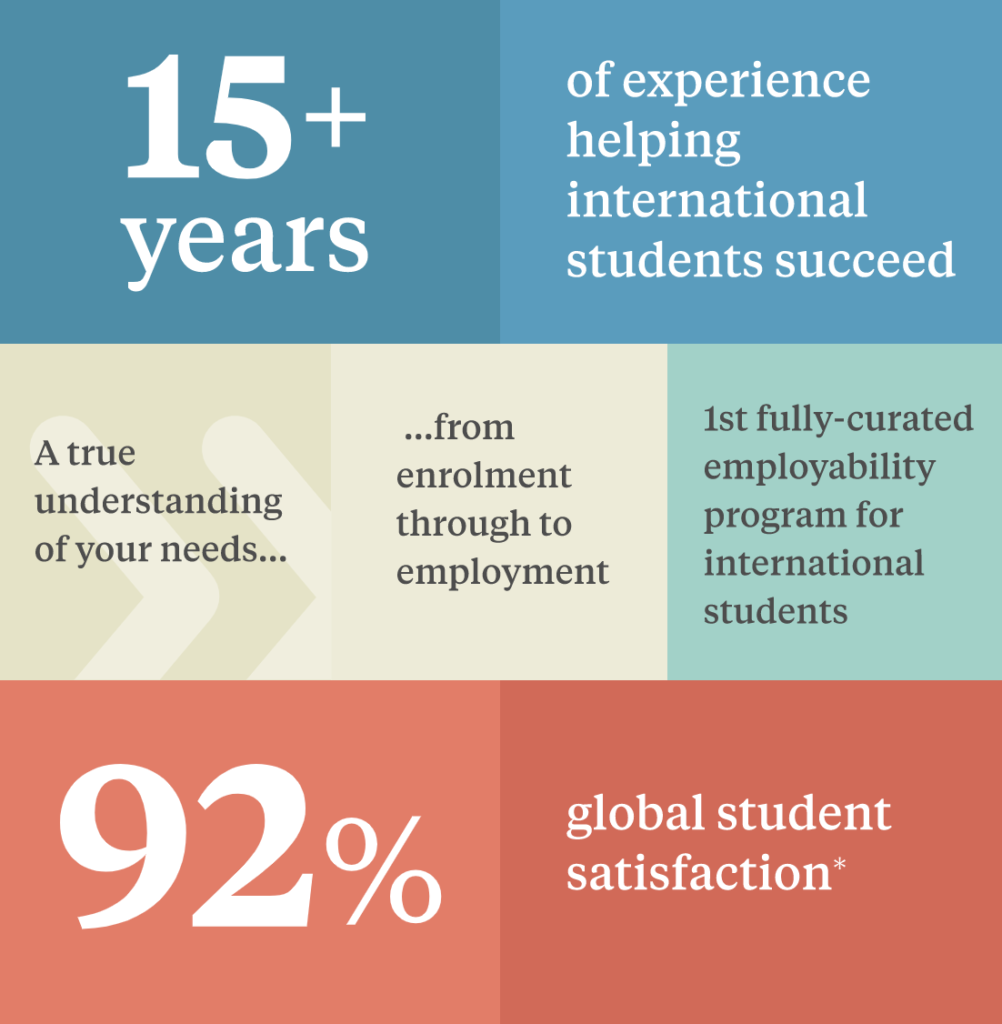
The average time that international students end up between graduation and getting a job is somewhere between three and six months, and it can often be longer. We want to shorten the time to get that first job.
In terms of return on investment, this programme will help students get the right skills, get the right connections, get the inside track for the job they want, and, therefore, get employed more quickly; hopefully, in a higher paying job they can thrive in for years to come. If a student gets a job just five months earlier than they would have, then CareerFirst’s Advanced programme will have paid for itself. That translates to four months for the Enhanced programme and three months for the Essential programme.
We understand there’s an upfront investment in INTO CareerFirst, so we also want to put our money where our mouth is. That’s where the job assurance comes in. If parents and students who are investing in an international education also invest in INTO CareerFirst’s Advanced programme and the student does not find a job within that first nine months, we’ll refund half their money and continue to support the student through that process.
Michael Lynas is Vice President of INTO CareerFirst. Before joining the CareerFirst team, Michael helped establish National Citizen Service, the UK’s largest programme for 16- and 17-year-olds that helps develop skills for life and work. Previously, he served as senior policy adviser to the Prime Minister at 10 Downing Street from 2010-2013, and before that in strategy consulting for Bain & Company. He studied social and political sciences at Trinity College, Cambridge, and holds a Master in Public Policy degree from the Kennedy School of Government at Harvard University.
To learn more about INTO CareerFirst, click here.
You may also like to read 20 careers that didn’t exist 20 years ago or 7 ways to stand out with employers.
Connect with other students and give us a follow on YouTube, Facebook, Instagram and Twitter!


